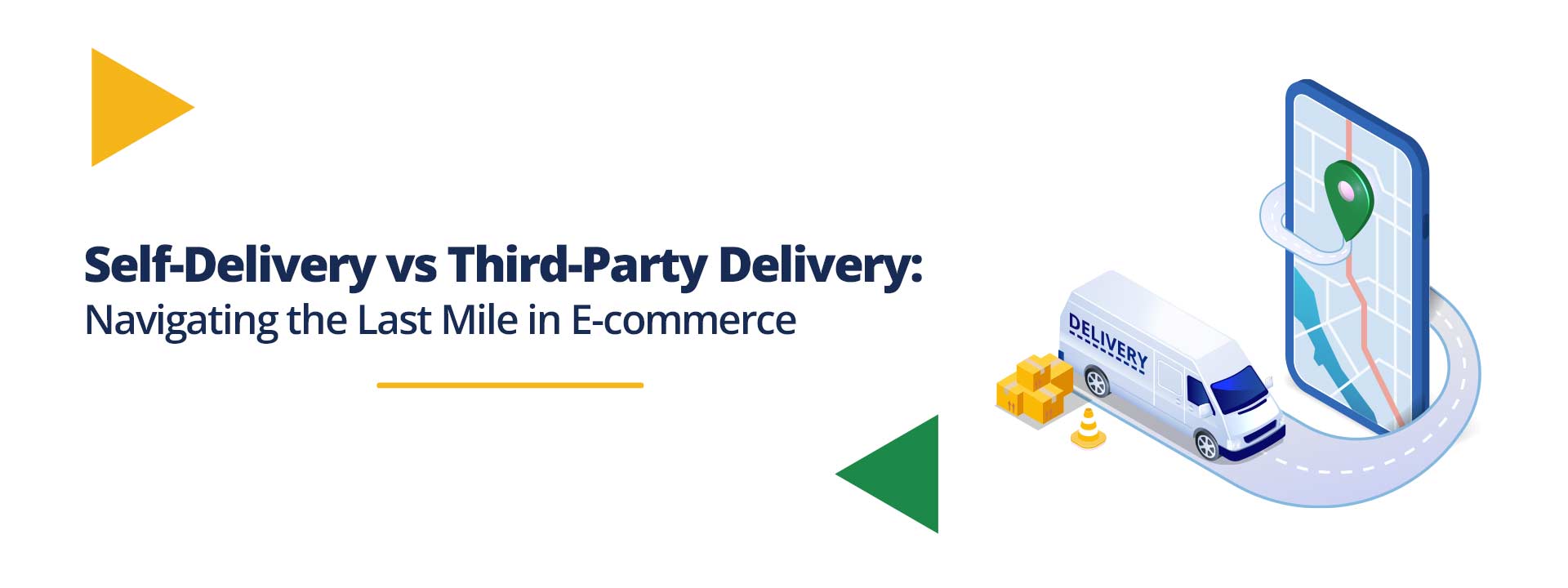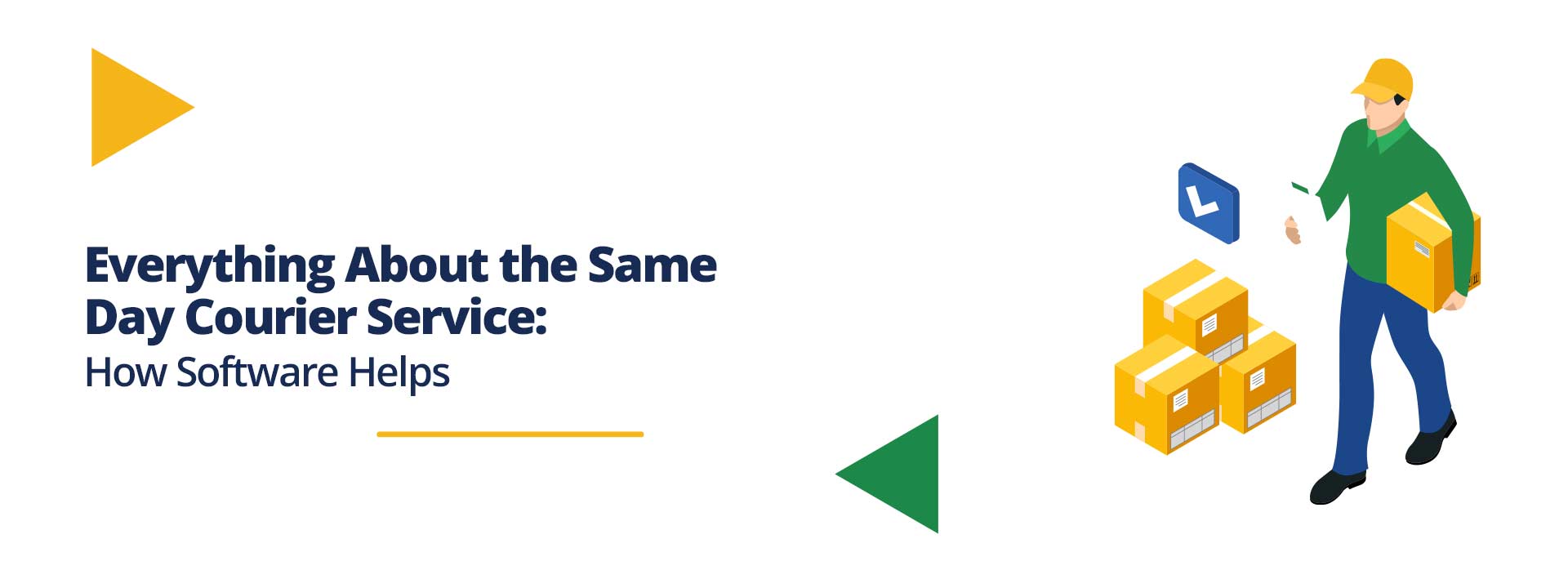COVID-19 lock downs are putting great pressure on ‘last mile’ delivery and logistic providers, as many consumers are purchasing meals, groceries and goods online via mobile apps. Delivery Management Software is Solution to manage your deliveries.
This presents many small and medium-sized enterprises (SMEs) with a challenge. How do they deliver in the most efficient way – in markets where competitive pressures are often brutal? In other words, how do they manage the logistics of the ‘last mile’ (or two)?
What is DMS?
Delivery management software (DMS) is at the core of any business which requires pick-up and delivery services to get its goods to customers in real time. DMS connects merchants, couriers and customers through a single communication platform. The solution helps business owners to get insightful analytics about the number and status of orders, delivery processes and average delivery time. In short, it improves efficiency.
Below, we identify seven key reasons why owners of businesses – and especially SMEs – should consider investing in DMS.
Delivery automation
Many SMEs still use paper or Excel sheets to monitor their daily deliveries. This is very time-consuming, inefficient and sometimes leads to a number of errors – as well as extra costs.
With a modern, cloud-based, DMS, they can remove the need for manual intervention, and streamline the entire processes. The orders will be automatically added and assigned to drivers who are currently in the system. Furthermore, the SMEs are able to get notifications and the updates on statuses in the system in real time.
Additionally, with DMS, businesses get a centralized database – which provides the records needed for further analytics, business forecasting and decision making.
Tracking tools
It can be very challenging to manage a fleet of ten or more vehicles, to track the routes and stay connected with drivers around the clock. With DMS, businesses are able to track drivers’ current locations using a GPS tool and a mobile app on the driver’s smartphone. The archived records of activities are available for managers and executives. For instance, they may want to decrease fuel costs by choosing the best routes for delivery or re-assigning the order to another driver.
Order management and efficiency
DMS maintains complete overview of all orders from one place. Usually DMS systems are easily integrated with e-commerce platforms, corporate websites and ERP systems through APIs which increase the overall business efficiency.
DMS enables to monitor the destinations with highest rate of orders on a heat map and allocate resources in most efficient manner.
DMS provides proof of delivery, with e-signatures and/or photos of customers’ ID documents.
Customer satisfaction and retention
Today’s consumers are impatient, demanding and often have an over-developed sense of self-entitlement. They want delivery at speed. If they get it consistently, they will give their loyalty to the SME providing the goods. DMS helps with the retention of customers and can give a competitive edge.
Eliminate dependency on delivery aggregators
A lot of retailers, restaurants and other SMEs involved with e-commerce depend on delivery aggregators to make deliveries of their goods. But the aggregators may charge huge commissions that can eat into the SME’s profit. Payment via the aggregator is not in real time. DMS gives lower costs, immediate payments and greater control.
Insightful analytics
DMS provides an SME with essential data that can be used for analytics. What are seasonal trends? What are peak hours? What are the delivery needs that will be required in the future? These questions and more can be answered simply with DMS.
Shipox DMS helps SMEs to manage deliveries over the ‘last mile’ and to improve their processes. It is an ideal solution for retailers who have never dealt with their own delivery services. Its SaaS option enables larger companies to manage corporate logistics on a 24/7 basis.
To learn more about the offering please visit our website https://shipox.com/




